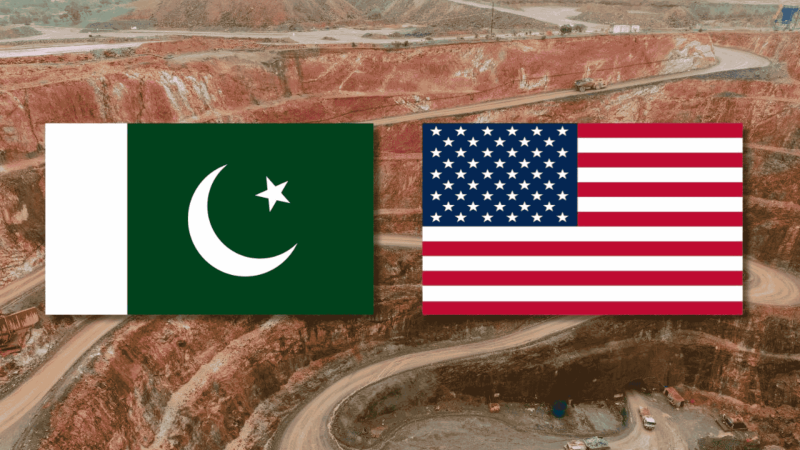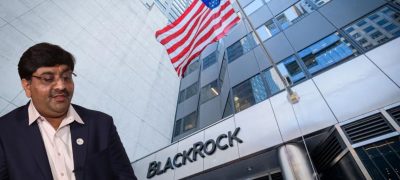An American delegation has arrived in Islamabad to explore opportunities in Pakistan’s rare minerals sector, aiming to secure access to the country’s untapped mineral wealth. These critical minerals power modern technologies, including electric vehicles, smartphones, and advanced defense systems.
The delegation is led by Robert Lewis Strayer, President of the Critical Minerals Forum (CMF), who met with Finance Minister Muhammad Aurangzeb on Friday. Their talks focused on potential multi-billion-dollar investments, supply chain cooperation, and U.S. plans to reduce reliance on China for rare earth resources.
According to the Finance Ministry, discussions covered sustainable mining practices, investment frameworks, and strategies to make Pakistan a regional hub for mineral exports. Minister Aurangzeb emphasized that a strong minerals policy could pave the way for long-term economic growth and industrial progress.
The meeting was also attended by U.S. Chargé d’Affaires Natalie Baker, signaling Washington’s growing strategic interest in Pakistan’s rare minerals and its role in global supply diversification.
This high-level visit follows Prime Minister Shehbaz Sharif and Army Chief General Asim Munir’s recent meeting with U.S. President Donald Trump at the White House. During that encounter, Pakistani leaders presented precious gemstones to highlight the nation’s mineral potential and strengthen economic ties.
Shortly afterward, two major Pakistani and American companies signed agreements worth $500 million in mining and logistics — marking the first wave of U.S. investment in Pakistan’s rare mineral industry.
Pakistan is home to valuable rare earth elements such as neodymium, europium, and yttrium, essential for producing EV motors, jet engines, and cutting-edge electronics. As the U.S. and its allies seek to diversify away from China’s dominance in rare earth supply chains, Pakistan has rapidly emerged as a promising partner in the global minerals race.
In other news read more about: Trump Threatens Tariffs After China Expands Rare-Earth Controls







